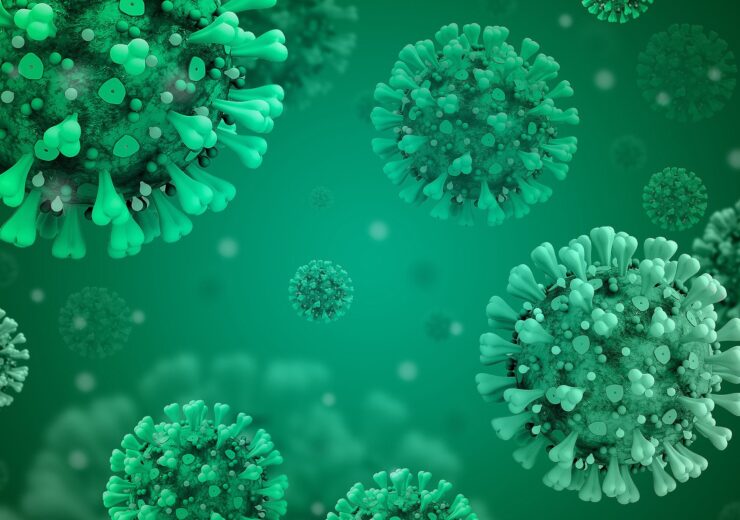Spear Bio aims to commercialise its initial assay to reliably measure the amounts of SARS-CoV-2-neutralising antibodies in dried-blood spot samples

SPEAR Bio intends to empower disease research, patient care, and drug development with its small-sample, ultrasensitive, protein-detection technology. (Credit: Masum Ali from Pixabay)
The Wyss Institute at Harvard University announced that its ultrasensitive SPEAR protein-detection technology has been licensed by Boston-based Spear Bio.
Spear Bio and Harvard’s Office of Technology Development (OTD) have entered into a worldwide, exclusive licensing arrangement to commercialise the SPEAR protein detection technology.
With an initial focus on research-use-only applications, Spear Bio will create a reagent-based platform for protein identification in small-volume samples.
With the aid of existing laboratory tools, the SPEAR technology enables protein detection from a finger-stick, dried blood spot samples, and other biofluids obtained with the aid of micro-sampling techniques.
Spear Bio intends to leverage the SPEAR technology to develop a more broadly applicable protein detection platform.
The company will first concentrate on commercialising an ultra-sensitive test that can precisely gauge the concentrations of neutralising antibodies (NAbs) against SARS-CoV-2.
The test will be used by the company to create additional research and diagnostics applications that call for the quantitative and ultrasensitive identification of protein biomarkers in small samples.
As part of the university’s commitment to the COVID-19 Technology Access Framework, Harvard University first gave SPEAR Bio non-exclusive access to this technology for a brief period.
The Spear Bio’s NAB-Sure test kit aids in the analysis of Covid-19 immune response with high sensitivity and the ability to analyse micro-samples.
It provides a surrogate virus neutralisation assay with much higher sensitivity than standard ELISA test formats and cell-based technologies.
It can be used with a variety of biospecimens and sample sizes, including serum, plasma, and micro-sampling methods like dried blood spots (DBS) for consistent results.
Using real-time polymerase chain reaction, the test kit facilitates the detection of SARS-CoV-2 neutralising antibodies (NAbs), generating qualitative and quantitative NAb titer data (PCR).
Even with incredibly small test sample volumes, as a DBS from a finger prick, the NAB-Sure SARS-CoV-2 Assay offers an inter-laboratory coefficient of variation (CV) of 4.8%.
